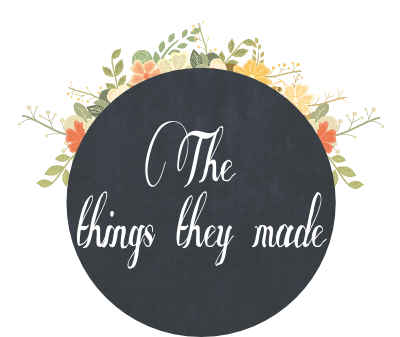I think my favorite new genre is the cookbook as memoir. I've been reading, simultaneously, Molly Wizenberg's A Homemade Life and Delancey. The other afternoon at the library, while picking up a book I'd put on reserve, I grabbed one of the cookbooks from the metal cart right next to the checkout desk, as has become my tradition. In weeks past, it was The Vegan Scoop and Jeni's Splendid Ice Cream at Home. This week it was Dinner: A Love Story. I haven't made anything from these cookbooks yet, but I've found myself wanting to spend more time in the kitchen. Rather than poring over Pinterest to find a new recipe, I've been using tried-and-true base recipes as jumping off points and getting creative.
I suspect I like these kinds of books for the same reasons I enjoy blogs (in fact, I'm reading Molly Wizenberg's books as a result of being a long-time reader of her blog, Orangette). They delve into the daily and the mundane in a way that makes it seem less humdrum and more of an art. In the way that Martha Stewart made meticulous planning seem necessary to entertain, this genre and its authors are stripping those airs away.
It's strange for me to read about people who come to cooking later in life. Growing up it felt like we were always cooking, always preparing for the next meal. Now that she's older, my mom is a fan of cooking all day so we can have food for the days that follow, but when we were younger, I remember her most clearly in front of the stove, all of us kids fluttering around her asking to help. So many of our pictures include my sister and I, elbows deep in flour and sugar, standing on our dining room chairs cutting out sugar cookies. One of our favorites is of me standing and staring in awe while my sister Bea operates the Easy Bake Oven, my NKOTB t-shirt reaching my knees. I'm grateful to be able to say that as far back as I can remember, there have always been home cooked meals, big messes, and piles of dishes.
These days, my mom and I spend the majority of our phone calls recounting our meals to one another, planning menus for my next visit home. These aren't fancy meals. Often, we're talking about how we buy bananas just so they can rot and we can make banana bread—the same recipe she's been making for us since I was a toddler. I bought two single slice packs of Spam on sale at Target the other day, and I can't wait to call and tell her about the musubi we plan to make with it. For Mother's Day, Bea and I went in on a charcoal grill and all the accoutrements so she could make her famous ribs and marinated chicken. She cried when they unveiled it to her.

When I read the first 20 or so pages of Dinner: A Love Story, I started to see these early days of Mike and me living together as I might 10 years from now—the start of tradition, of ritual. Our weekly meal planning and grocery trips, our monthly BJs hauls, our sporadic and often fruitless attempts at couponing, our little green card catalog on top of the fridge that holds our favorite recipes scribbled on index cards. These are the beginnings of what will be the backdrop of our family's daily lives; no matter where we live or work, these are the things we will always do, a sense of routine we can rely on no matter what life throws at us.
I'm so happy to see a celebration of the power of food. There have been a lot of books and documentaries about the harmful and destructive aspects of the food industry, and I think these stories—Molly's and otherwise—are a way to reclaim the nourishing and positive powers of gathering some friends, fresh ingredients, and eating.




No comments:
Post a Comment